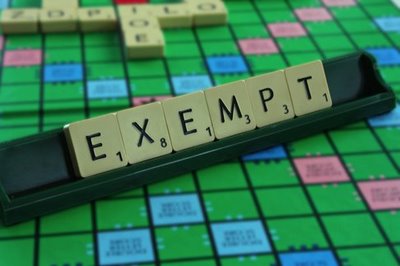
The DDTC Rolling Out New Rules & Regulations
DDTC has served up a new proposed exemption for ITAR replacement parts and incorporated components. This follows several DTAG recommendations, some of which have been incorporated into the new language, and others which have not.
Here’s a look at the new proposed exemption as it currently stands:
- A new section (123.28) would be added to the ITAR. This section would allow the export, without a license, of U.S.-origin end-items held in the inventory of a foreign government, provided that: (1) the exporter is not subject to a denial order or otherwise ineligible to export; (2) the exporter was the applicant of a previously-approved license authorization to export the same U.S.-origin end-items; and (3) the replacement parts/components do not upgrade the capabilities of the end items.
- There are six additional conditions which must be met to claim this exemption. Briefly, they are: (1) the type/amount/frequency of exports are consistent with those for normal logistical support; (2) the value of the exporter’s purchase order does not exceed congressional notification thresholds; (3) the consignee for the shipment is the foreign government previously approved via a DDTC license to receive the end-items; (4) the foreign government is not subject to any restrictions under 126.1; (5) the replacement parts/components meet all terms, conditions and provisos on the original license authorization; and (6) the replacement parts are consistent with authorized U.S. Government maintenance activities.
Updated ITAR Exemption Language That You Should Know
In addition, DDTC has proposed some modifications to Part 126 and the infamous “ITAR see-through rule.” Here are the highlights:- A new section (126.19) describes the conditions for which a license is not required from DDTC for the export or re-export of defense articles which have been incorporated into an end-item which is “subject to the EAR.”
- The end-item must be “rendered inoperable” by the removal of the defense article, in order for this exemption to apply.
- Furthermore, the export cannot include technical data for the production or development of the defense article; nor can the end-item be used for a military application.
- A license would still be required if the defense articles can be removed from the end-item without destroying them.
Who said export control regulations never change? You can stay on top of all the latest developments by visiting this blog frequently and signing up for our free newsletter.
ITAR Exemptions F.A.Q.
Tom Reynolds is the President of Export Solutions, a consultancy firm which specializes in helping companies with import/export compliance.
